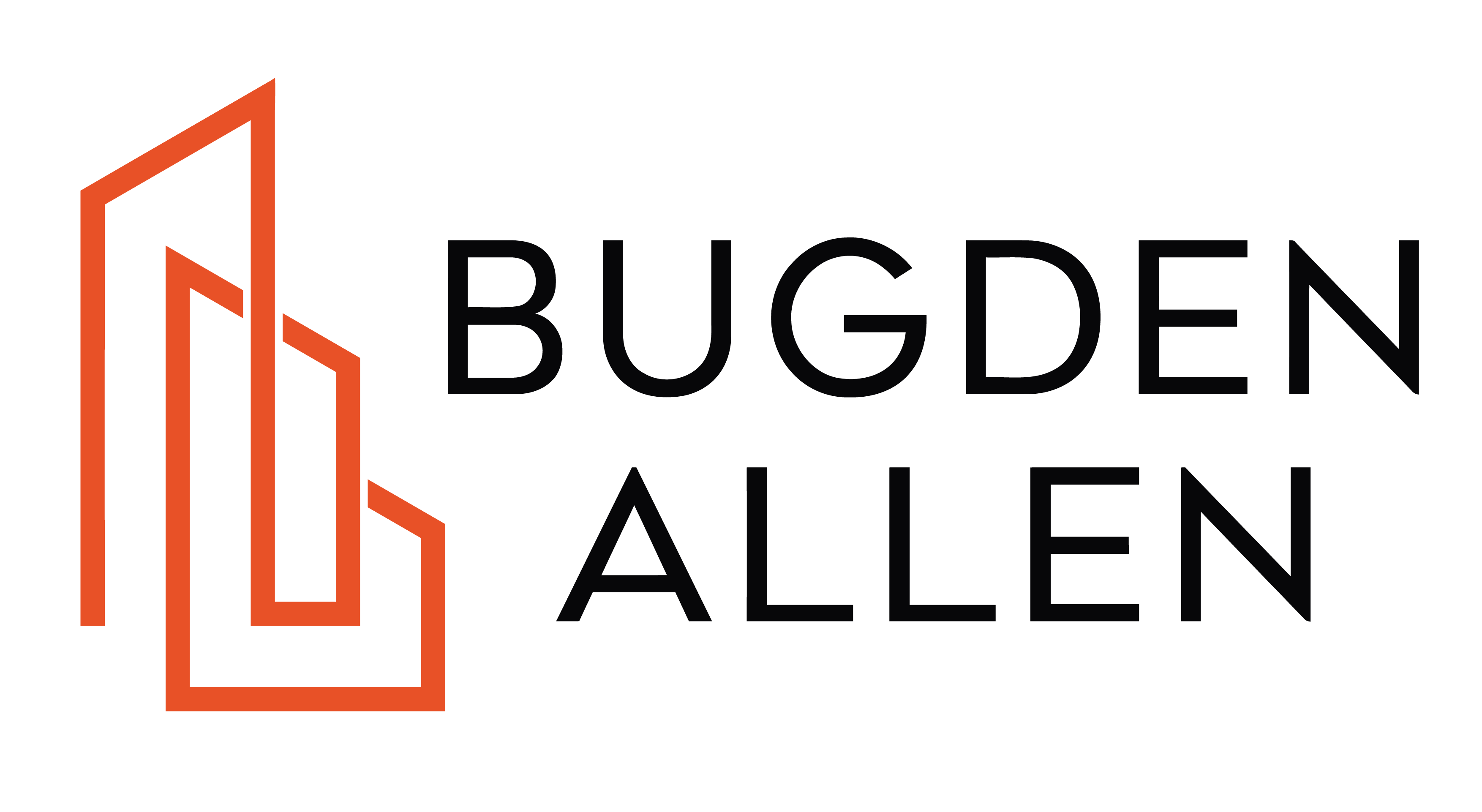Intervention Orders & OC Meetings
An article by Tim Graham, Partner in our Melbourne office.
Living in strata is characterized by community. On occasion, however, density catalyses conflict and sometimes occupiers obtain intervention orders for their safety, and that of their family.
There are two types of intervention orders in Victoria: Personal Safety and Family Violence Intervention Orders.
A Personal Safety Intervention Order (PSIO) is an order made by a magistrate to protect a person from physical or mental harm caused by a person who is not a family member.
The order has rules, called ‘conditions’, about how the Respondent (the person the order is made against) can behave towards the Applicant/Protected Person (the person the order protects). The respondent must follow the conditions of the order, failing which it can be charged with breaching the PSIO which is a criminal charge.
If a PSIO is made typical conditions include that the Respondent shall not:
- Assault, harass, threaten, molest or intimidate the Protected Person. This is self-explanatory;
- Come within a specified distance of any place the Protected Person lives or works. This condition will not usually be imposed in an OC situation for the obvious reason that the Protected person and Respondent are both likely to live in the scheme. Or the radial restriction could be as short as 1 metre (which could still be a problem if the parties inhabit neighbouring lots, separated by a common property wall, which I saw some years ago);
- Contact or communicate with the protected person by any means. This condition is considered below;
- Cause any other person to engage in conduct prohibited by the PSIO This triggers the need to consider the use of proxies, also considered below.
So can a person the subject of a PSIO attend an OC meeting if the applicant for the order attends that same meeting?
The first consideration is whether the Protected Person will be in attendance at a scheduled meeting. If the Protected Person is not attending, then the Respondent is doubtless free to attend. The same likely applies if the Protected Person attends by proxy.
Section 80(1) of the Owners Corporations Act 2006 (OCA) provides that a lot owner may participate in a general meeting in person, by teleconferencing in accordance with the regulations, by proxy or in another manner provided for by the regulations. That subsection has been used during COVID times for entire meetings to be held via Teams, Zoom or similar platform. Equally, it may be used by select lot owners for attending face to face meetings.
On one view, if the Respondent attends the general meeting and does not speak to the Protected Person (or write in a dialogue box if attending remotely) then it will not be in breach of the Order prohibiting contact or communication with the Protected Person. Safeguards could be installed such as keeping the Defendant mute, and excluding the Protected Person from any dialogue box used by the Defendant.
However, I prefer the view that the Respondent attending the AGM at which the Protected Person is present probably does constitute “‘contacting or communicating with the protected person by any means”. The very purpose of a meeting is congress and communication.
Whilst s.89C(1) of the OCA empowers a lot owner to authorise a person in writing to be the lot owner’s proxy, including to attend, speak or vote on behalf of the lot owner at a General Meeting, if the PSIO includes a prohibition on the Respondent causing any other person to engage in conduct prohibited by the PSIO a proxy will not assist the Respondent.




